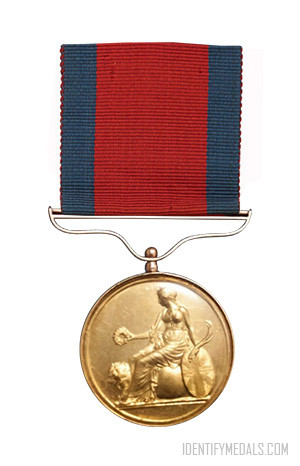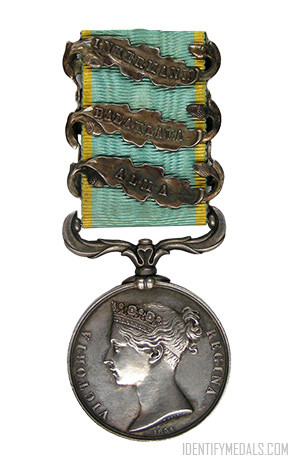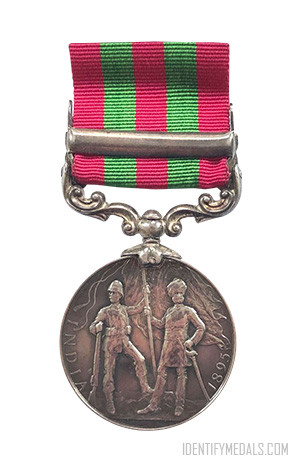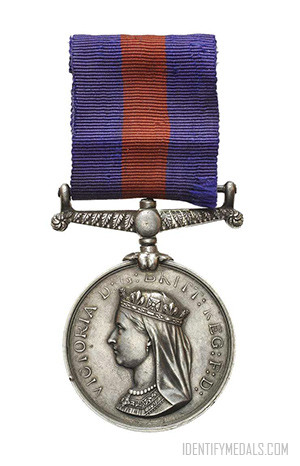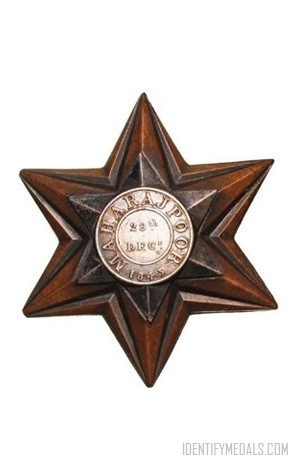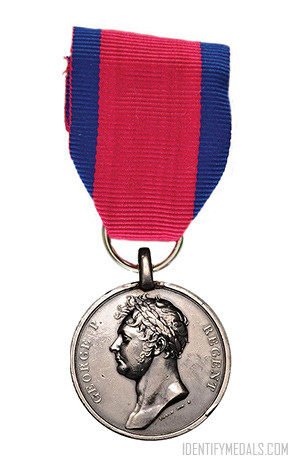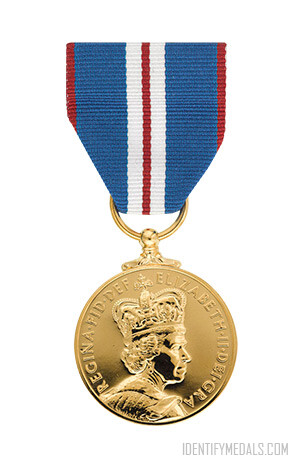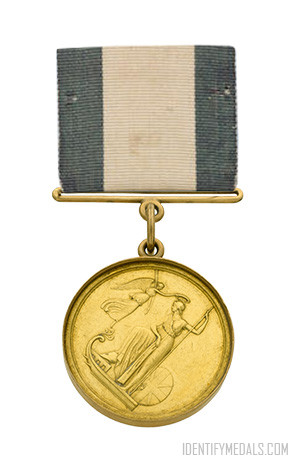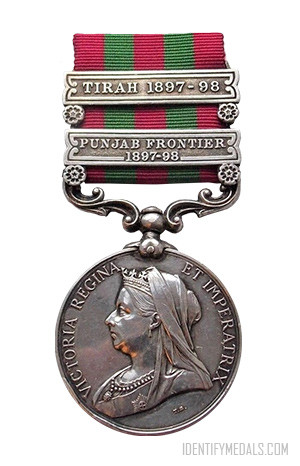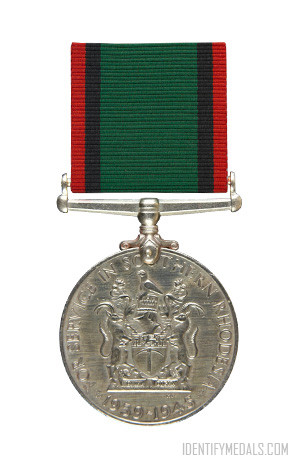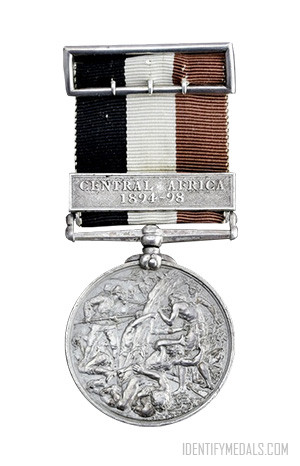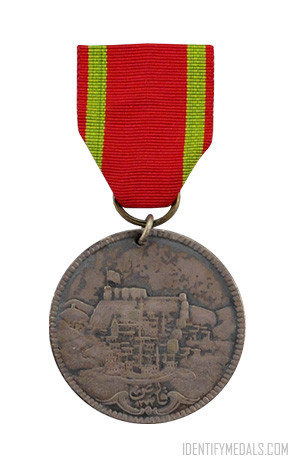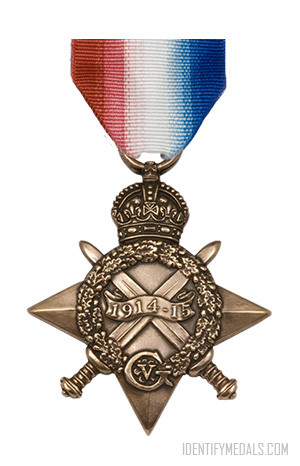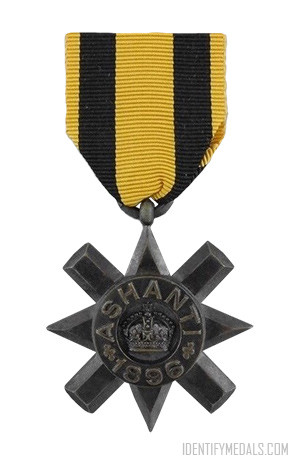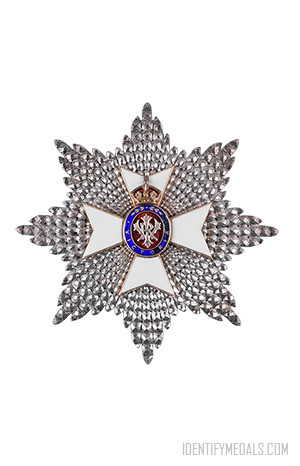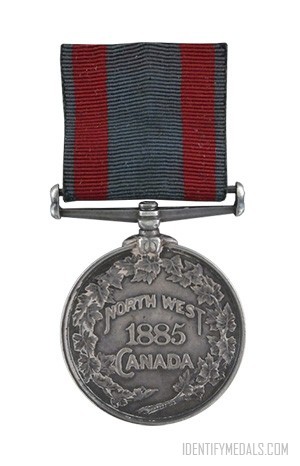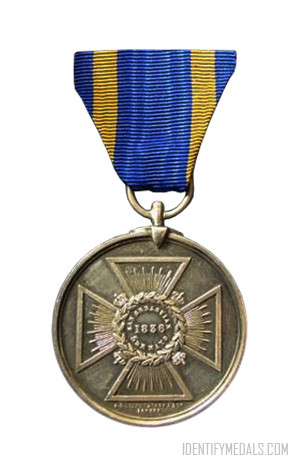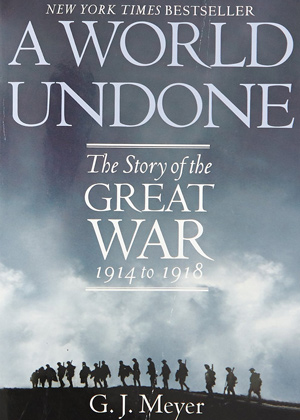- Time Period: Pre-WW1
- Year of Institution: 1810
- Country: Great Britain
The Army Gold Medal, also known as the Peninsular Gold Medal, was a British campaign medal awarded to field and general officers in recognition of successful commands in campaigns, predominantly the Peninsular War (1807–1814). The medal was issued only to officers whose status was no less than that of battalion commander or equivalent.
The Peninsular War was a military conflict fought by Bourbon Spain and Portugal, assisted by Great Britain, against the invading and occupying forces of the First French Empire for control of the Iberian Peninsula during the Napoleonic Wars. The war on the peninsula lasted until the Sixth Coalition defeated Napoleon in 1814, and is regarded as one of the first wars of national liberation, significant for the emergence of large-scale guerrilla warfare.
Naval Gold Medals had been awarded since 1794 to captains and admirals who had served in specified successful naval actions. The Army Gold Medal was established in 1810 to reward service at Napoleonic War battles since 1808. Like the Maida Gold Medal, it was awarded only to majors and above and, like the Naval Gold Medal, it was awarded in two sizes, with the larger to senior officers. In October 1813, to prevent a proliferation of awards to one recipient, an order was created instructing that only one medal be worn.
The award could be awarded posthumously, and sent to the officer’s family.
The Army Gold Medal Design
The medal is struck in gold and measures 54 mm and 33 mm in diameter.
Large Gold Medal
The Large Gold Medal, restricted to general officers, was designed by Thomas Wyon. It was mounted in a gold frame, and glazed on both sides. The obverse shows Britannia with a shield, seated and facing left and holding a laurel wreath in her right hand and a palm branch in her left. Behind her is the head of a lion. The reverse shows a laurel wreath, with the name of the battle engraved in the center, although that for Barrosa was die struck. The large medal was worn around the neck.
Small Gold Medal
The Small Gold Medal, awarded to officers between the rank of major and colonel. was mounted in a gold frame and glazed, and had the same design as the large medal. It was worn on the left chest, often from a buttonhole, with the ribbon attached via a wide curved suspender.
Gold (or Peninsular) Cross
The Gold (or Peninsular) Cross, awarded to those who earned four or more gold medals. It is an ornamental cross pattée with a proud lion at its center and the four qualifying actions embossed on its arms. The obverse and reverse are the same. The medal was worn around the neck with the ribbon attached via an ornate loop.
The ribbon for all the awards was broad crimson with blue borders and measured 1.75 inches (44 mm) wide.

